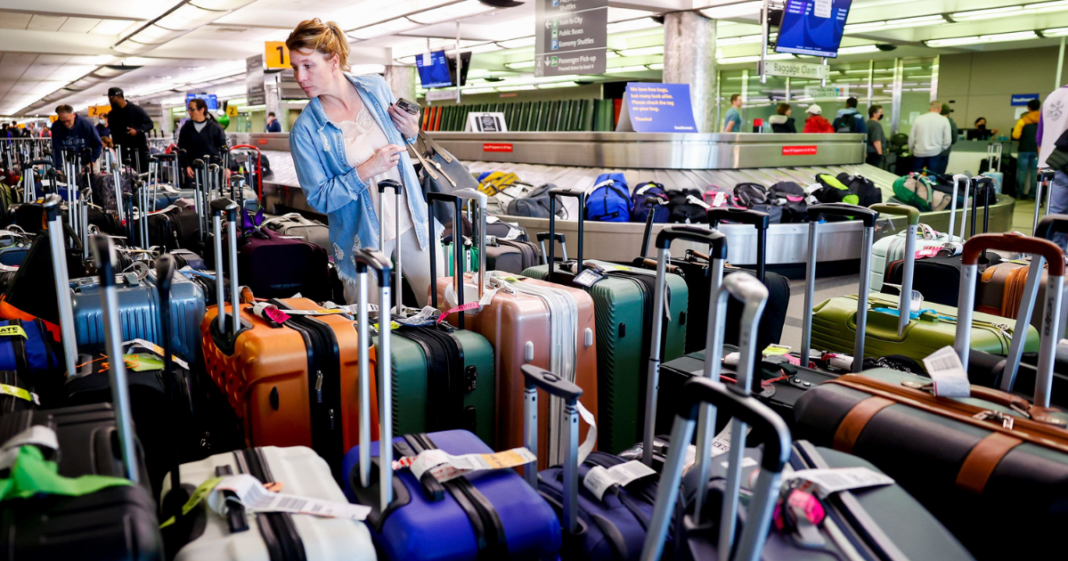Traveling is an exciting experience, but ensuring safety and security should always be a priority. Many travelers label their luggage with personal information to prevent mix-ups. However, this simple habit can expose travelers to security risks. While luggage tags may seem harmless, they often contain sensitive details that can be exploited by scammers, thieves, and identity fraudsters.
Personal Information Can Be Misused
Luggage tags typically include a traveler’s name, phone number, email, and sometimes even a home address. While this information helps in identifying lost luggage, it also poses a risk. Criminals can use these details for fraudulent activities or even track a person’s whereabouts.
Additionally, a home address on a luggage tag signals that a house may be unoccupied. Burglars can take advantage of this information, increasing the risk of home break-ins while the owner is away.
Identity Theft Becomes a Possibility
The risk of identity theft rises when personal information is displayed openly. Cybercriminals can collect data from luggage tags and use it to impersonate travelers. This can lead to financial fraud, phishing attacks, or unauthorized account access.
Moreover, a combination of name, phone number, and email address can be enough for criminals to launch social engineering scams. By gathering minor details, fraudsters can trick individuals into revealing more sensitive information.
Unwanted Attention and Targeting
Luggage markings can make travelers an easy target for scams. In busy airports or stations, criminals can spot tourists’ luggage, identify their nationality, and gather personal details. This information is sometimes misused for:
- Tourist-targeted scams in foreign countries
- Fake customer service calls, claiming lost luggage needs verification
- Overcharging for services, especially in destinations where tourists are often exploited
Additionally, valuable luggage can be identified based on markings, making travelers a prime target for theft. Criminals often look for high-end luggage brands or business-class tags to identify passengers who might carry expensive items.
How to Keep Luggage Secure While Traveling
Instead of displaying personal information on luggage, travelers can use alternative methods to ensure their bags remain identifiable:
- Use a unique identifier: Instead of writing personal details, opt for a symbol, colored ribbon, or initials that make the bag easily recognizable.
- Tag luggage with minimal information: If necessary, provide only an email address or a secondary phone number rather than a home address.
- Use luggage tracking devices: Many travelers now rely on GPS-enabled luggage tags that allow them to track their bags without displaying personal data.
By taking these precautions, travelers can protect their privacy and reduce security risks while still ensuring their luggage remains identifiable.
Luggage Tags: Security Risks & Safe Alternatives
While marking luggage may seem like a simple way to avoid mix-ups, it also exposes travelers to potential security risks. From identity theft to targeting by criminals, publicly displayed information can be misused in several ways. Minimizing personal details on luggage tags, using alternative identification methods, and opting for secure tracking options can help travelers keep their belongings safe without compromising their privacy.



